Activism
Mizrahi Feminism in Israel
Mizrahi feminism goes beyond the typical western scope of feminism to include the history and issues that concern women in the Middle East in Israel and in Arab and Muslim countries. An intersectional feminism, it is particularly sensitive to issues of race, class division, immigration, and ethnic discrimination.
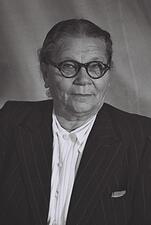
Mo'ezet Ha-Po'alot (Council of Women Workers)
The Mo’ezet Ha-Poalot was founded in 1921 as the women’s branch of the Histadrut, the General Federation of Workers in mandatory Palestine. In the name of women workers, the organization struggled for many years for equality in the eyes of the Histadrut, though it ultimately came to represent more broadly the interests of Jewish women in Palestine and Israel, including immigrants and housewives.
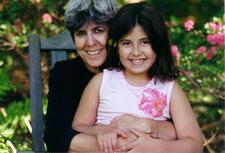
Cheryl Moch
Ellen Moers
Ellen Moers’ Literary Women (1976), the third and last book of her career, is a benchmark of feminist criticism. While early critics attacked Literary Women for its exclusive focus on women writers, her analysis of Mary Shelley and other women writers reshaped our understanding of their work.
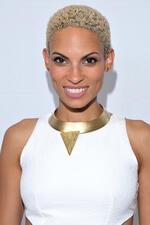
Goapele
Aurora Levins Morales
Aurora Levins Morales is an author, artist, activist, and historian whose work as been critical to third-wave feminism, Puerto Rican and Latinx feminism, disability justice, radical Judaism, climate change activism, and grassroots. organizing.
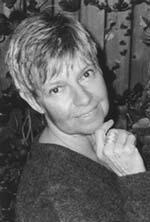
Robin Morgan
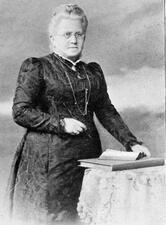
Lina Morgenstern
In the face of formidable anti-Semitic opposition, Lina Morgenstern was a highly successful feminist author, educator, and peace activist who was supported by many, including the Prussian Empress Augusta. In 1896 she organized the first International Congress of Women in Germany, which was attended by feminist leaders from all over the world.
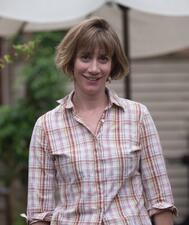
Laura Moser
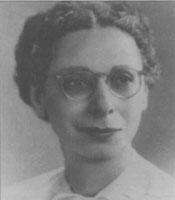
Bessie Louise Moses
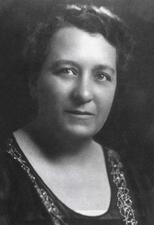
Belle Moskowitz
Belle Moskowitz served for two decades as a settlement worker, social and civic reformer, and labor mediator. In the early 1920s she became one of New York governor Alfred E. Smith’s closest advisers.
Yocheved [Judith] Herschlag Muffs
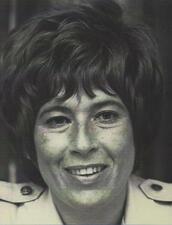
Ruth Muskal
Ruth Muskal’s term as commanding officer of the Women’s Corps (1973–1975) of the Israel Defense Forces saw a distinct increase in women’s role in defending the country. Muskal took great care to preserve women’s rights, as well as the independence and status of the Women’s Corps.
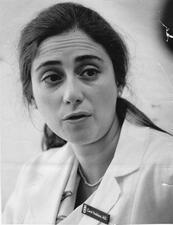
Carol Nadelson
Carol C. Nadelson is a ground-breaking female psychiatrist whose work has changed how medical practice addresses women’s medical care and encouraged women to break the glass-ceiling. She as the first woman president of the Massachusetts Psychiatric Society and the American Psychiatric Association. Under Nadelson’s editorial leadership, the American Psychiatric Press became a leader in the field of psychiatry.
Lazarus, Nahida Ruth
Nahida Ruth Lazarus was a German-Jewish cultural and literary critic, author, journalist, and essayist who was born in Berlin to a German-Christian family and converted to Judaism in 1895. She is best known for her published source book, The Jewish Woman (1891), a product of her fundamental interest in both feminism and Judaism that remains an important text for women’s and gender studies.
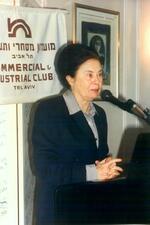
Ora Namir
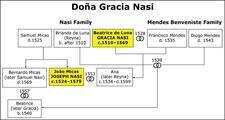
Doña Gracia Nasi
Doña Gracia Nasi was the embodiment of passionate solidarity among exiles. As a young woman she inherited her husband’s fortune, and fled from Lisbon to Venice to Ferrara, where her family lived openly as Jews for the first time. In Constantinople, she assumed a role of leadership in the Sephardi world of the Ottoman Empire.
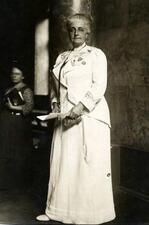
Maud Nathan
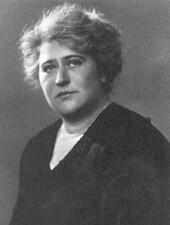
National Council of Jewish Women
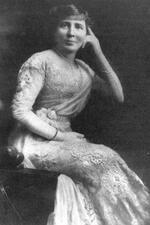
National Federation of Temple Sisterhoods
Founded in 1913 as the National Federation of Temple Sisterhoods and officially renamed Women of Reform Judaism (WRJ) in 1993, the WRJ has for more than a century galvanized hundreds of thousands of Jewish women to support and advance Reform Judaism, the Jewish people, and Jewish values in their home communities, around the country, and around the world.
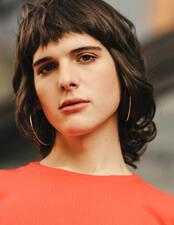
Hari Nef
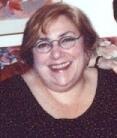
Sheryl Baron Nestel
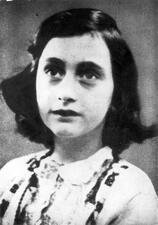
Modern Netherlands
Like Jewish women everywhere, Dutch Jewish women struggled with issues of assimilation, emancipation, and equality as both Jews and women. This article summarizes the conditions and challenges facing Jewish women in the Netherlands and the paths to progress and change they sought—education, work, activism, and literature, among others—from the nineteenth century to the present, including after the particular decimation of Dutch Jewry during the Holocaust.
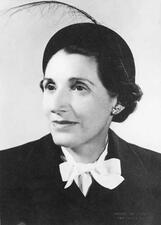
Estelle Newman
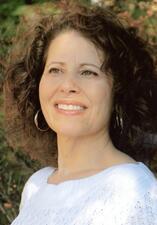
Lesléa Newman
Lesbian feminist writer Lesléa Newman made history in 1989 with her controversial children’s book, Heather Has Two Mommies. Inspired by Newman’s friend, a lesbian mother who complained that there were no children’s books with families that looked like hers, the book sparked national controversy. Newman has written countless books for children, adolescents, and adults on homosexuality, Jewish identity, eating disorders, and AIDS.


